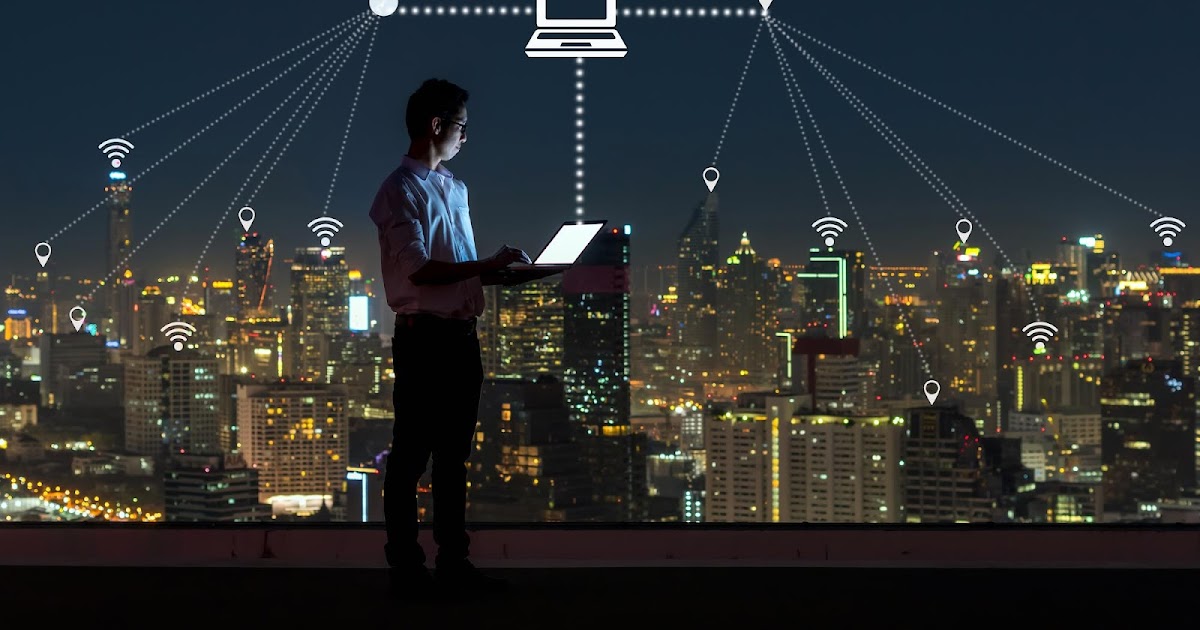In the rapidly evolving landscape of the travel industry, technology has become a pivotal force in shaping and enhancing customer experiences. As travelers seek more personalized, efficient, and seamless journeys, travel tech innovations are stepping in to meet and exceed these expectations. This article delves into the myriad ways in which travel tech is enhancing customer experience, highlighting key advancements and their impact on the industry.
Personalized Travel Planning
One of the most significant ways travel tech is enhancing customer experience is through personalized travel planning. Advanced algorithms and artificial intelligence (AI) are being utilized to analyze vast amounts of data, including customer preferences, past travel behavior, and social media activity. This data-driven approach enables travel companies to offer tailored recommendations, from destinations and accommodations to activities and dining options.

For instance, AI-powered platforms can suggest customized itineraries that align with a traveler’s interests, budget, and schedule. This level of personalization not only saves time but also enhances the overall travel experience by ensuring that every aspect of the trip is aligned with the traveler’s preferences.
Seamless Booking Processes
Booking travel has never been easier, thanks to the integration of technology. Online travel agencies (OTAs) and mobile apps have revolutionized the booking process, allowing travelers to compare prices, read reviews, and make reservations with just a few clicks. Furthermore, the use of blockchain technology is enhancing security and transparency in transactions, building trust among customers.
Moreover, the advent of chatbots and virtual assistants is streamlining customer service. These AI-driven tools can handle a wide range of inquiries, from booking modifications to providing travel advice, thereby reducing wait times and improving customer satisfaction.
Enhanced In-Flight Experience
Airlines are leveraging technology to enhance the in-flight experience for passengers. In-flight entertainment systems have evolved to offer a vast array of movies, TV shows, music, and games, accessible through personal devices. Additionally, the availability of Wi-Fi on many flights allows passengers to stay connected, work, or stream content during their journey.
Furthermore, advancements in aircraft design and engineering are improving comfort and reducing travel times. Innovations such as noise-canceling technology, improved cabin pressure systems, and more spacious seating arrangements contribute to a more pleasant in-flight experience.
Smart Airports and Efficient Security
Airports are becoming smarter and more efficient, thanks to the integration of technology. Biometric systems, such as facial recognition and fingerprint scanning, are expediting the check-in and security screening processes. This not only reduces wait times but also enhances security by ensuring accurate identification of passengers.
Additionally, the use of Internet of Things (IoT) devices is improving airport operations. Sensors and smart devices can monitor and manage various aspects of airport infrastructure, from lighting and temperature control to baggage handling systems. This results in a smoother and more efficient travel experience for passengers.
Real-Time Information and Communication
Access to real-time information is crucial for travelers, and technology is playing a key role in providing this. Mobile apps and digital platforms offer real-time updates on flight status, gate changes, weather conditions, and traffic information. This allows travelers to make informed decisions and adjust their plans accordingly.
Moreover, social media and messaging apps enable instant communication between travelers and service providers. Whether it’s a hotel confirming a reservation or an airline notifying passengers of a delay, timely communication is essential for a positive travel experience.
Sustainable Travel Solutions
Sustainability is becoming increasingly important to travelers, and technology is helping to promote eco-friendly travel options. From electric and hybrid vehicles to carbon offset programs, travel tech is enabling more sustainable choices. Additionally, apps and platforms that provide information on eco-friendly accommodations, activities, and transportation options are empowering travelers to make environmentally conscious decisions.
Virtual and Augmented Reality
Virtual reality (VR) and augmented reality (AR) are transforming the way travelers explore and experience destinations. VR allows travelers to take virtual tours of destinations, hotels, and attractions before making a decision. This immersive experience provides a realistic preview, helping travelers make more informed choices.

AR, on the other hand, enhances the on-site experience by overlaying digital information onto the physical world. For example, AR apps can provide historical information, translations, or navigation assistance, enriching the travel experience.
Conclusion
In conclusion, travel tech is significantly enhancing customer experience by offering personalized planning, seamless booking processes, enhanced in-flight experiences, smart airport solutions, real-time information, sustainable travel options, and immersive virtual and augmented reality experiences. As technology continues to evolve, the travel industry is poised to deliver even more innovative solutions that cater to the ever-changing needs and expectations of travelers. The integration of these technological advancements not only improves efficiency and convenience but also creates more meaningful and enjoyable travel experiences, ultimately driving customer satisfaction and loyalty.










